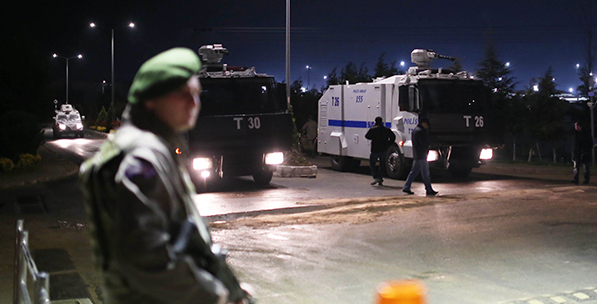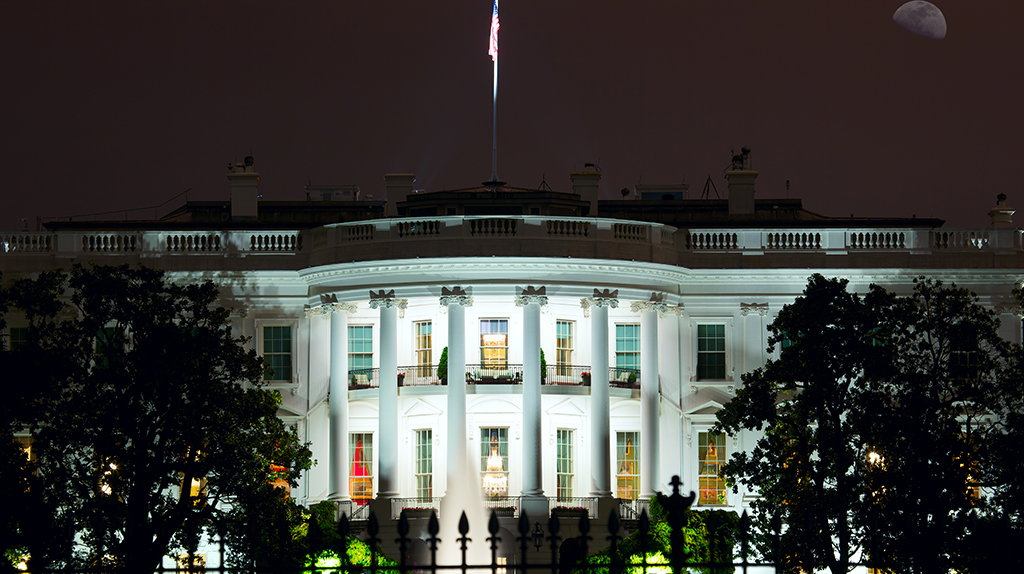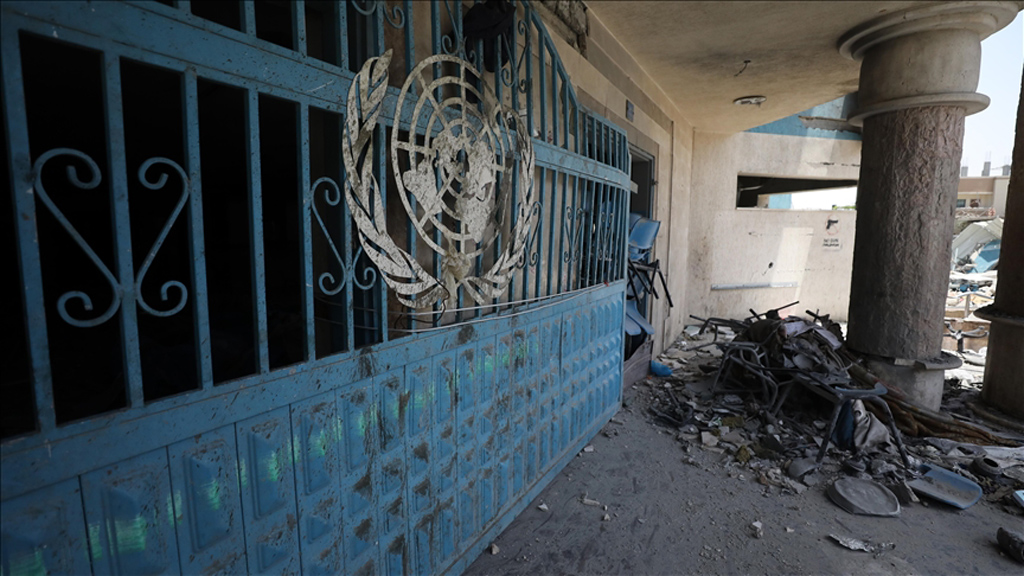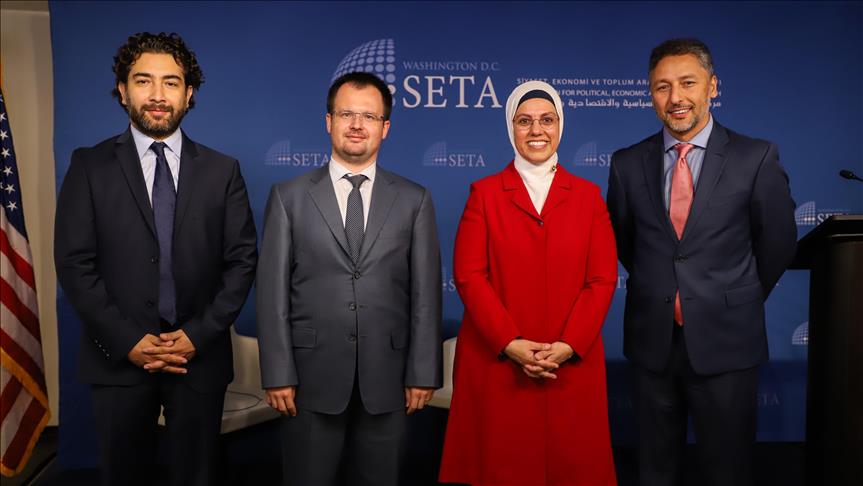When the Gülenist shadow state revealed itself in December 2013, hardly anyone thought that the power struggle would prove unchallenging. Absolute determination was necessary to deprive this organization, which infiltrated key government agencies such as the National Police and the judiciary, of its ability to challenge the state.
Last week, the Gülenists –who ostensibly were involved in a range of illicit activities including unlawful wiretapping, financial schemes and the leaking of public service exam questions to their members- attempted to by-pass legitimate judicial channels and strongarm the courts to release 75 detainees.
In the end, the Chief Prosecutor of Istanbul and the 10th Penal Court successfully denied them the opportunity. While Prime Minister Ahmet Davutoğlu stated that Fethullah Gülen, the self-exiled former imam leading the organization from the U.S. state of Pennsylvania, had instructed his followers to release their fellow operatives a week ago, opposition leaders voiced concerns about the judiciary's independence more strongly.
What the most recent episode in a lengthy power struggle revealed was that the Turkish public will continue to debate the state of the judiciary as long as the government will remain determined to fight the shadow state within democratic limits. Similarly, competing discourses will continue to co-exist against the backdrop of the power struggle.
In his address on the occasion of the 53rd anniversary of the Constitutional Court, Chief Justice Zühtü Arslan stressed the judiciary's role in a democratic society: "Those who do not enjoy liberty over their opinions and conscience are ineligible to become judges. Those who rent out their hearts and minds, along with those willing to limit their power to rule, are ineligible to serve as judges. There is no room in the rule of law for a judiciary nor justices willing to act based on outside instructions. In a democratic society, the judge's duty is to not engineer state and society but to practice the law with adherence to justice in order to settle disputes. Only then can justices and the judiciary become the safeguard of fundamental rights and liberties."
Surely enough, Turkey will need long-term political stability, awareness and determination to consolidate its democratic institutions. The outcome of the June 7 elections, in turn, will undoubtedly determine the future of this critical struggle. If anything, the most recent attempt to release 75 detainees attested to the Gülen Movement's eagerness to maintain its power within the bureaucracy. By engaging in such acts, the organization, which distinguished itself from other Islamic groups to confront the elected government, seeks to make the point that it remains powerful despite having become the target of various attacks ahead of the parliamentary elections.
The people, however, have made their concerns about the Gülenist shadow state clear by dealing major blows to the organization in last year's local and presidential elections. At this point, the organization's efforts to show its muscles to its followers relates to two main objectives: (1) To resist and win some time to slow down their retreat from the bureaucracy. (2) To discredit the Turkish government in the international arena by referencing democracy and the rule of law. It is not unpredictable that the government will prevent such unlawful efforts within the judiciary. Yet the Gülen Movement nowadays seems more interested in casting a shadow over the performance of Turkish democracy at the international level.
[Daily Sabah, May 4, 2015]









